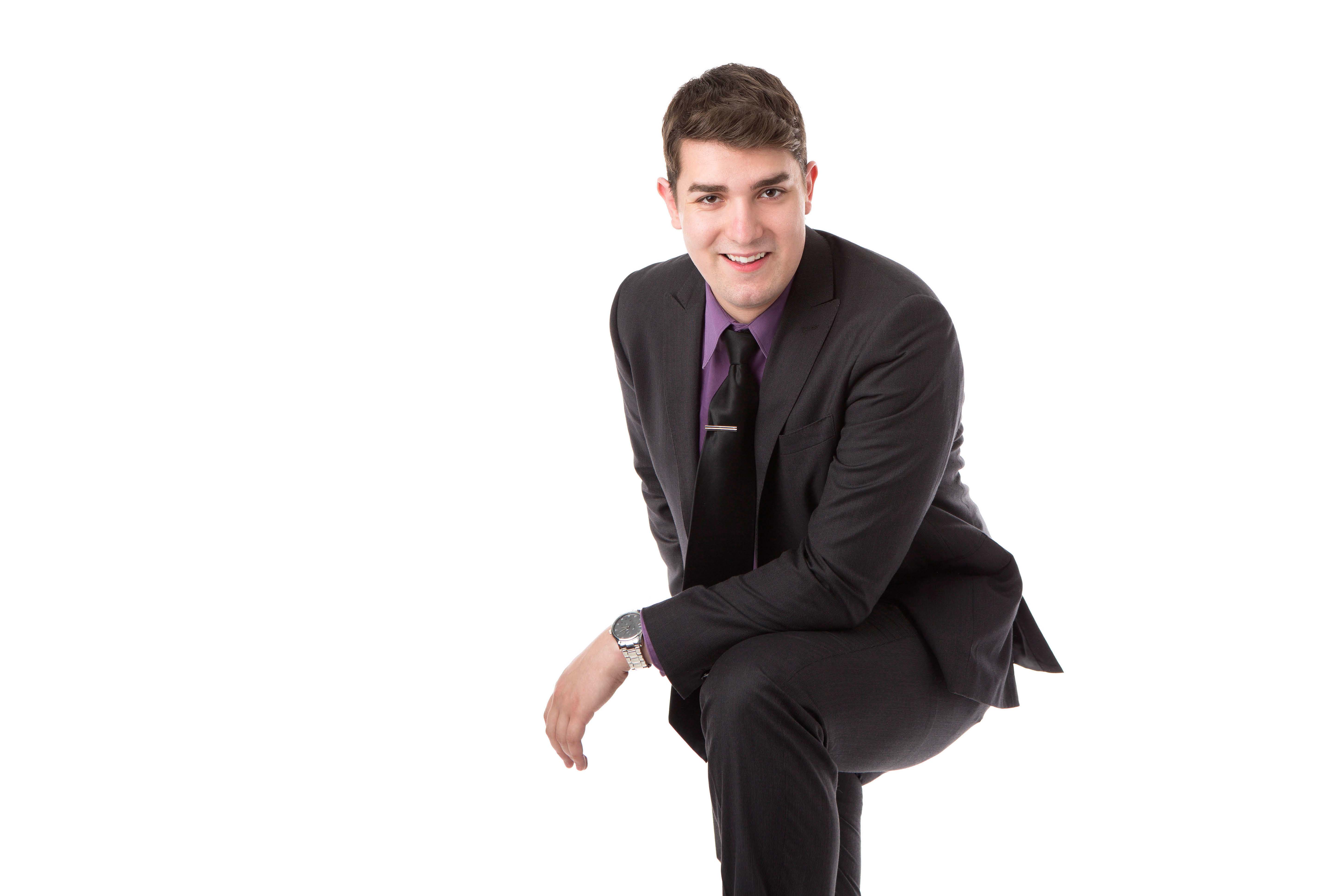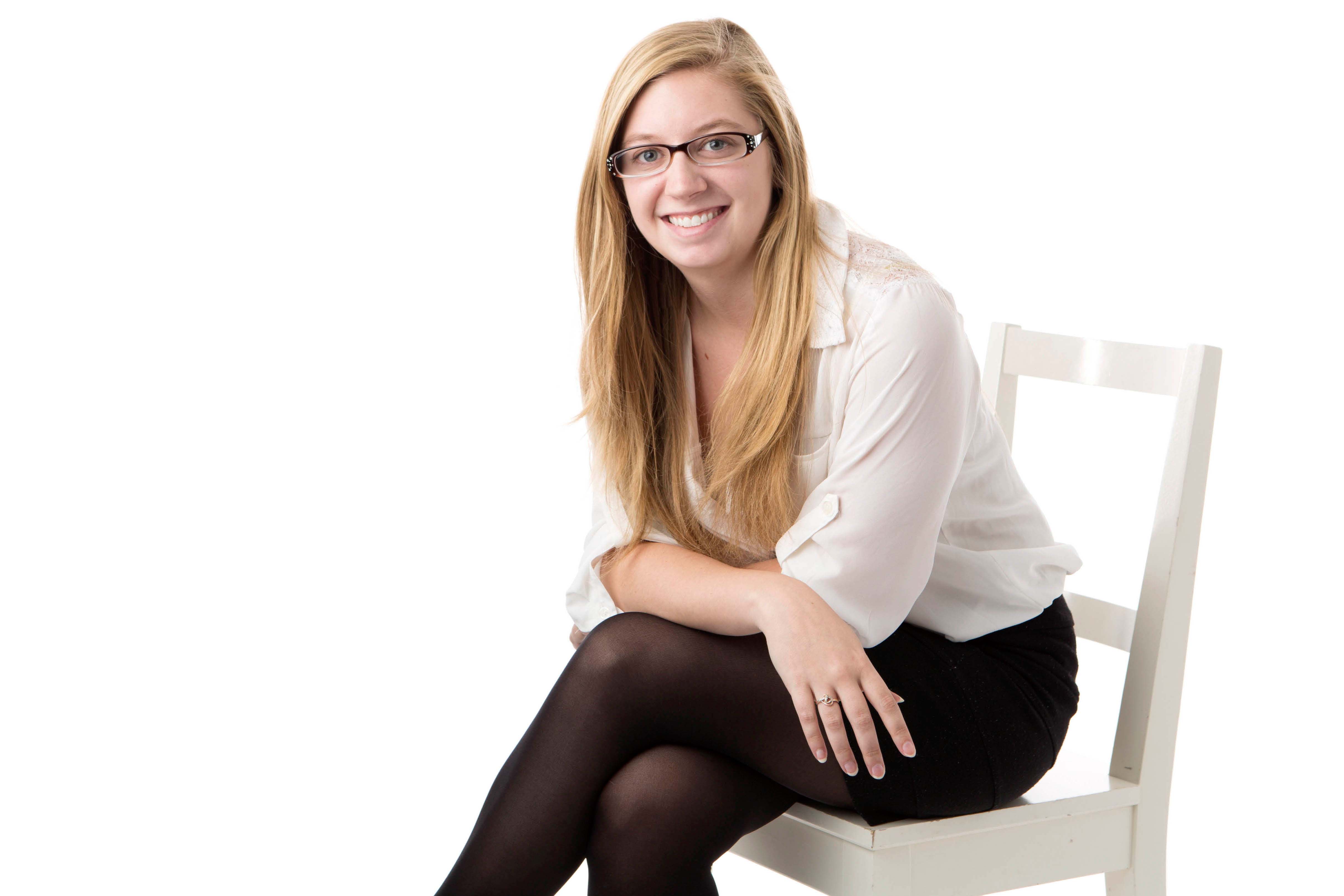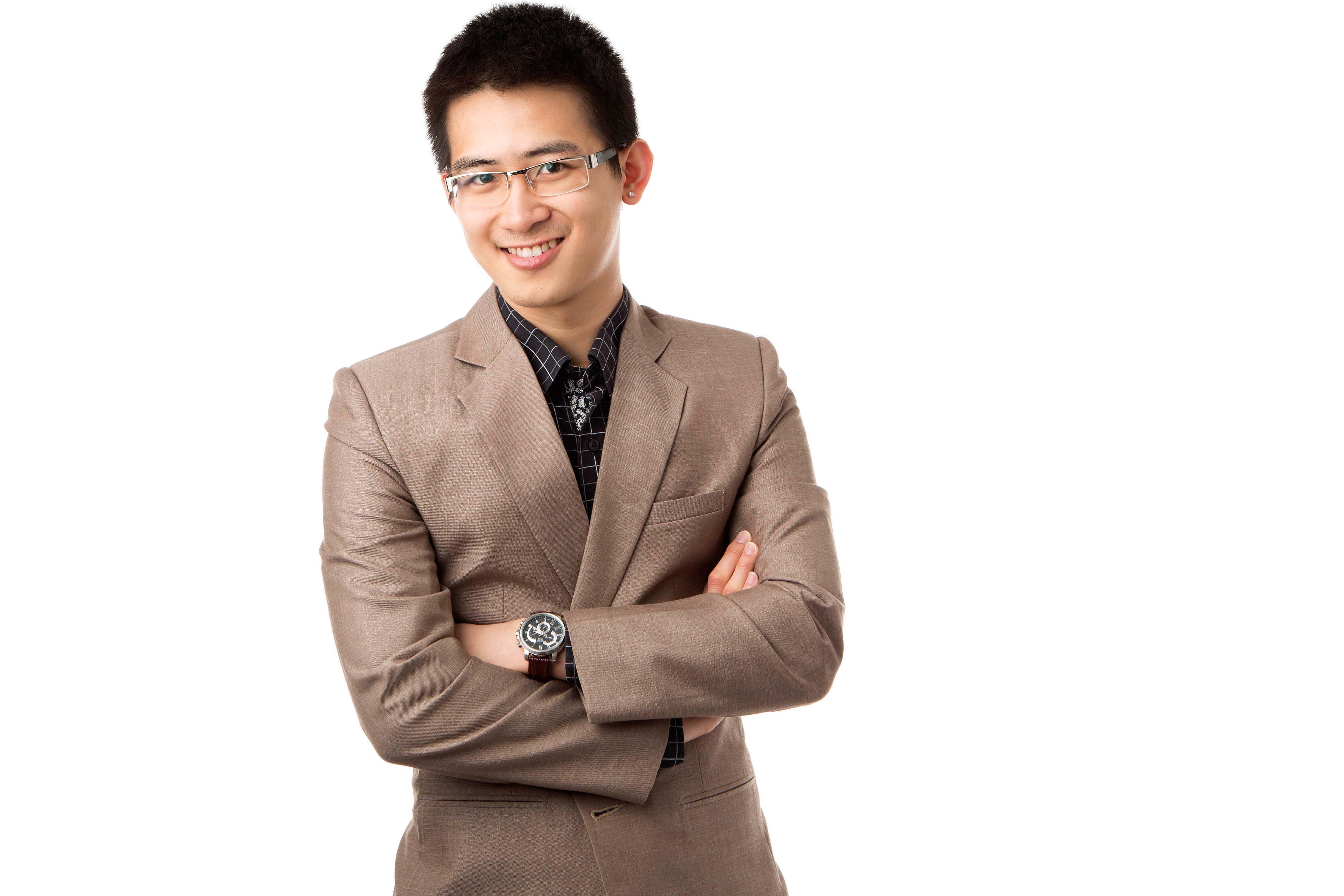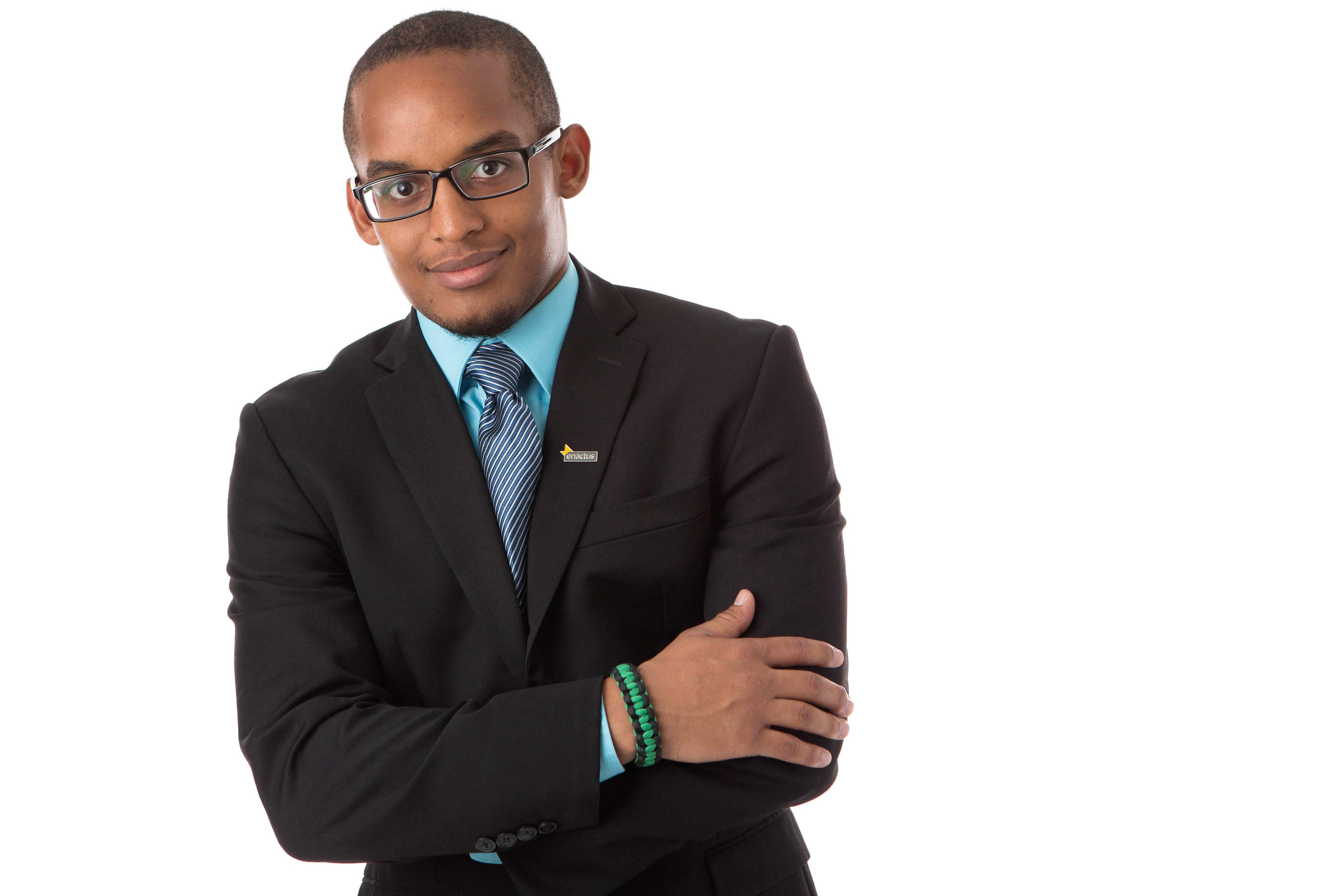Fulbright sending Kurtz back to India
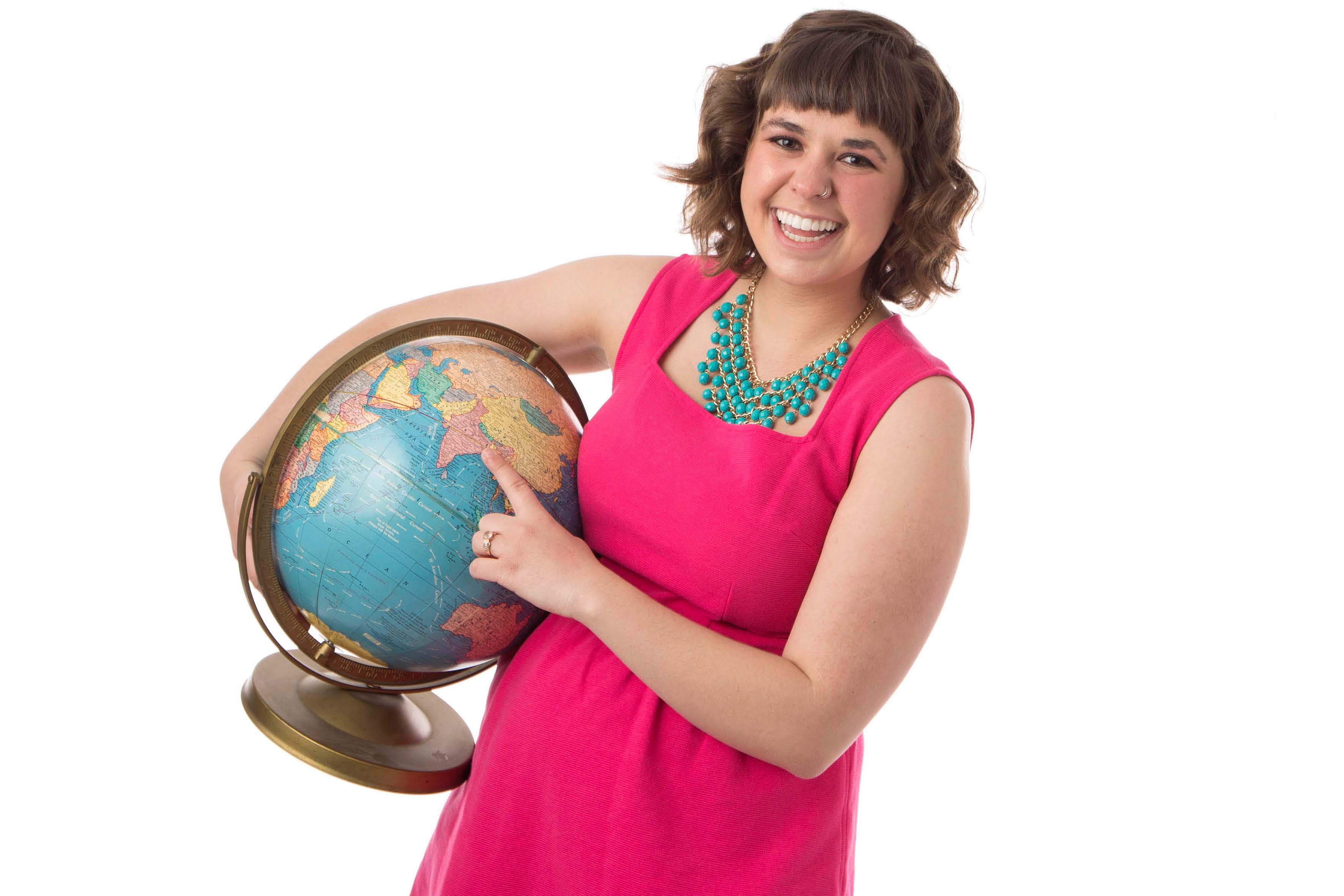
Bekah Kurtz is returning to India, where she spent the second semester of her junior year, this time as part of the Fulbright English Teaching Assistantship program.
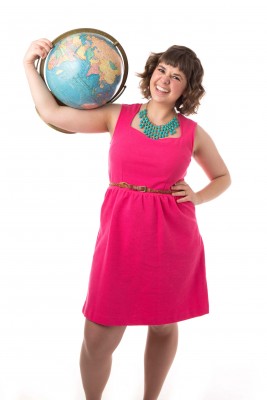
Kurtz, from Chandler, Arizona, spent three and a half months in India as part of the School for International Training’s study abroad program. For most of the program she stayed with a family in Jaipur and learned about the country’s developing economy. She also spent a month in Himachal Pradesh, a state in the far north of the country.
In Himachal Pradesh she studied self-help groups, which are small groups of women who contribute money to a pool and give out small loans to members or to businesses in the community. Participation in such groups builds self-confidence among members, and also gives them a voice in the household.
“I had a month to study the self-help groups,” Kurtz said, “but I was able to finish my research in two weeks. I think it was Cornell. I’m used to focusing on a topic.”
Kurtz created an individualized major in international development, a process that included working with a committee of three faculty members to develop and defend a statement of purposes and course schedule. It ended up getting approval while she was in India, thanks in large part to politics professor David Yamanishi, her advisor.
“David Yamanishi took really good care of me while I was off campus,” she said.
Kurtz had always been interested in social justice, and the idea for the individualized major came after a series of courses she took her sophomore year. A French course with Rebecca Wines focused on the Francophone world and the effects of colonialism. That was followed by an international politics course with Yamanishi and a course on advanced critical theory with English and creative writing Professor Michelle Mouton, which covered the effects of colonialism on literature.
“That series of courses solidified my interest in developing nations,” Kurtz said.
During her first year at Cornell, Kurtz took a class with English and creative writing professor Shannon Reed. During a discussion with Reed, Kurtz was talking about her different interests and how difficult it would be to major in so many different fields. Reed told her that instead of focusing on courses she needed to get a particular major, she should consider taking the courses she wanted from different majors as a way to find her own path. Mentorship and advice like that have been a theme of Kurtz’s Cornell experience.
“I seek out mentors,” she said. “I can find them here, and I don’t think I could have found that at a larger school.”
Kurtz also found mentors outside of academic departments.. Laura Farmer, director of the writing center, where Kurtz works, was instrumental in Kurtz’s Fulbright application. The pair had eight appointments in two weeks, and Farmer was tireless in helping with the essays, Kurtz said.
“Laura Farmer is one of my favorite people on this campus,” Kurtz said. “She got me through Cornell.”
Kurtz has a lot planned for her time in India, where she’s going to be teaching English in New Delhi. She plans to take Hindi lessons and possibly cooking lessons as well. And the family that hosted her during her semester in India still lives in Jaipur, a four-hour train ride from New Delhi. All in addition to teaching English for 20 hours or more each week.
She’s not sure what’s next for her, once the nine-month-long Fulbright program is done, but she does know that she probably wants to work in a non-profit. This leaves her with many options.
“Helping people is such a huge umbrella,” she said.

